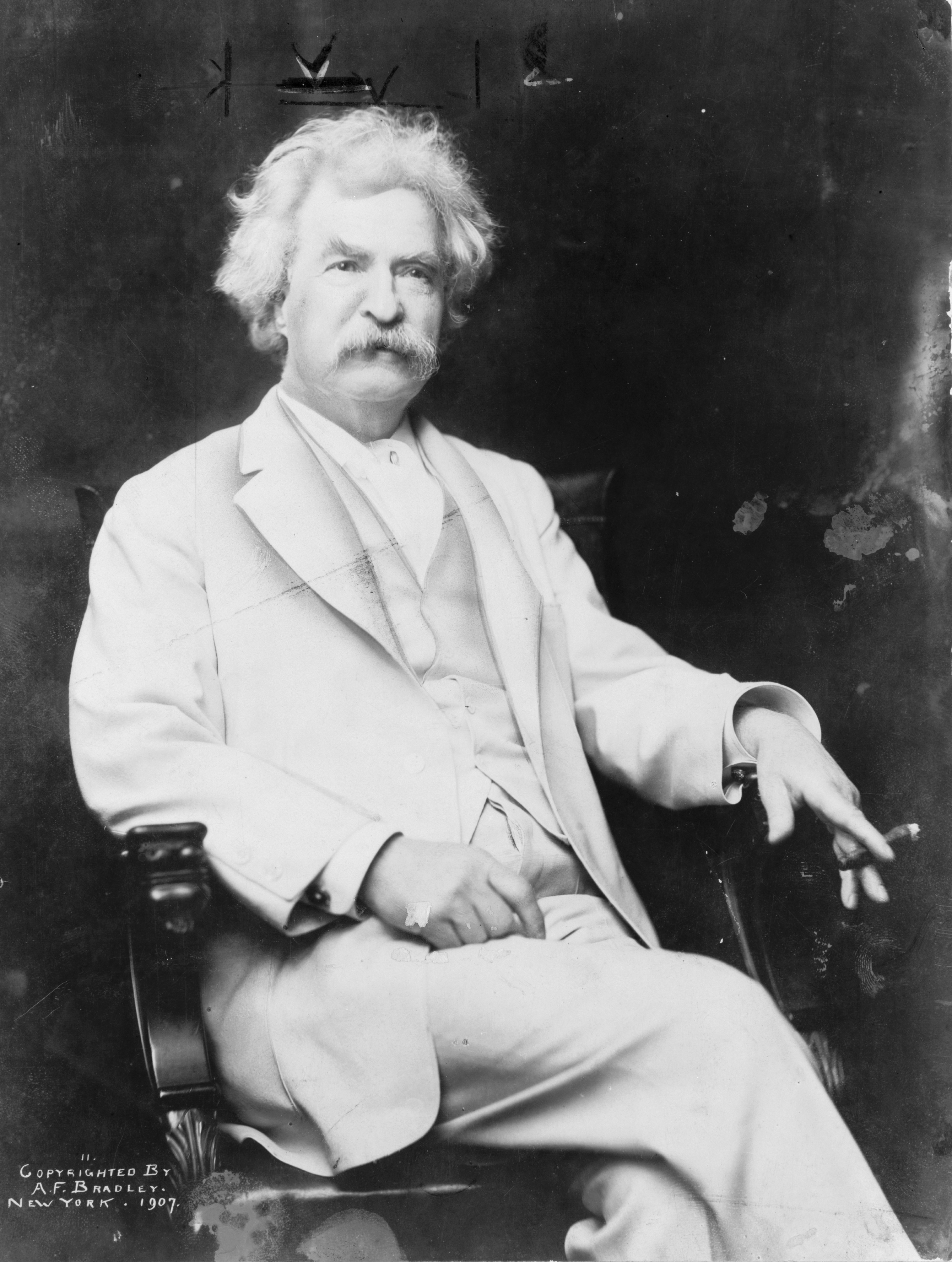 I was first introduced to the economic concept of opportunity cost as I sat through eucharist as a young chorister, listening to a section of the liturgy that asked forgiveness for “the good we have not done.”
I was first introduced to the economic concept of opportunity cost as I sat through eucharist as a young chorister, listening to a section of the liturgy that asked forgiveness for “the good we have not done.”
The opportunity cost of every moral act was “the good left undone.”
For Mark Twain the cost of writing came at the expense of the opinions left unexpressed. And, as being dead is no barrier to writing for the New Yorker, you can read Twain’s essay in the 22 December, 2008 edition (abstract only).
His point is simple but enduring, that we are our own worst censors:
Free speech is the privilege of the dead, the monopoly of the dead… For it would be found that in matters of opinion no departed person was exactly what he had passed for in life; that out of fear or calculated wisdom, or out of reluctance to wound friends, he had long kept to himself certain views not suspected by his little world, and had carried them unuttered to the grave.
Now there is hardly one of us would dearly like to reveal these secrets of ours; we know we cannot do it in life, then why not do it from the grave, and have the satisfaction of it?
…I feel it every week or two when I want to print something that a fine discretion tells me I mustn’t.
Perhaps great writers miss that sense of political and social awareness that inhibits the rest of us. I do remember the sense of discomfort I experienced seeing one very well-known writer dissect his relationship in a public reading in front of his partner who I – like others present – knew. Perhaps those words would’ve been better left posthumous.
Certainly, for all the words about transparency in blogging I forever think of the stuff I don’t write about, whether through wordly wisdom or moral cowardice. Probably you do too.